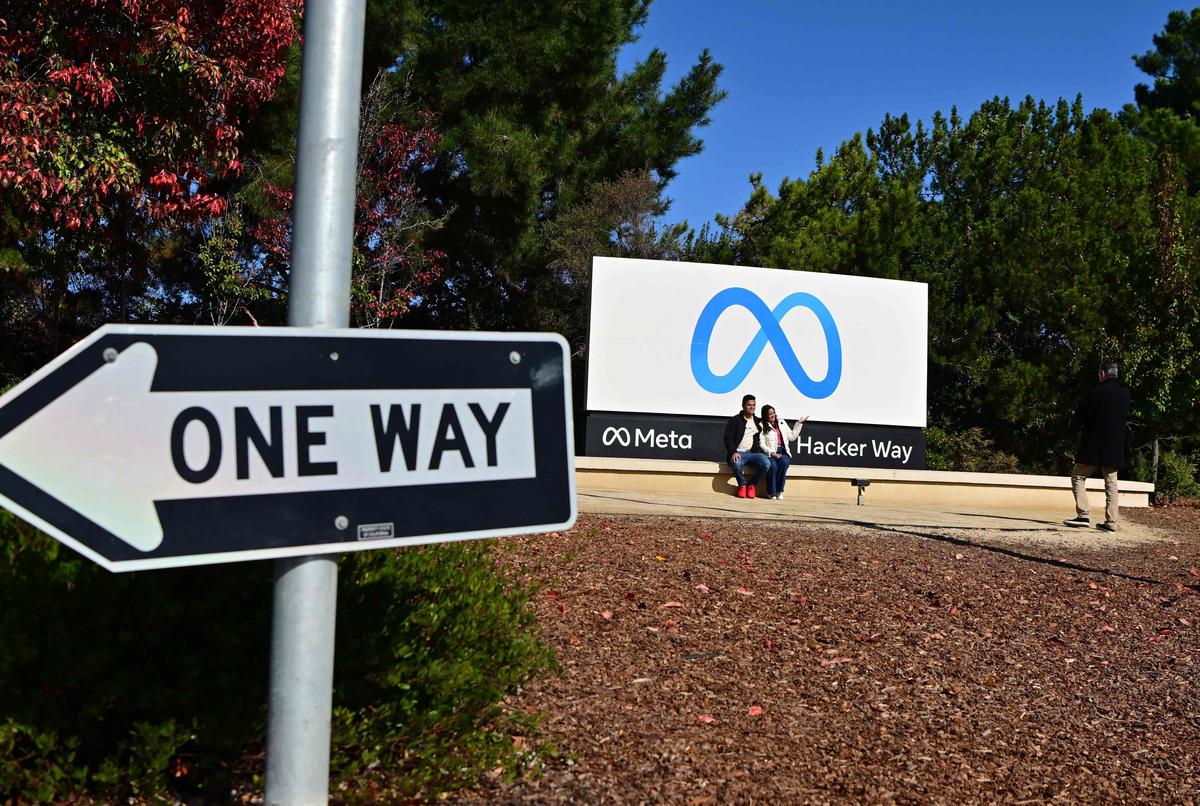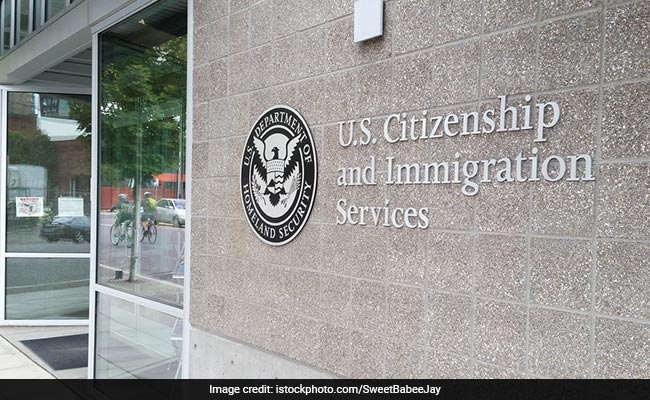Biden administration proposes higher fees for employment visas

WASHINGTON : The Biden administration is proposing to raise the fees companies must pay for employment-based visas to fund the agency that oversees legal immigration, the Department of Homeland Security said Tuesday.
Under the proposal, the primary fee for an H-1B visa would jump to $1,595 from $470. The visa, which allows immigrants with college degrees to live and work in the U.S. for as long as six years before becoming permanent residents, is a favorite among technology and financial companies along with universities and other nonprofit research centers.
The fee for an L-1 visa, which allows companies to transfer executives from offices abroad to the U.S., would rise to $1,985 from $460.
The cost of applying for an EB-5 visa, which allows foreign investors to become U.S. permanent residents if they invest at least $900,000 in a U.S.-based project, would increase to $11,160 from $3,675.
The agency, U.S. Citizenship and Immigration Services, released its fee-increase proposals for a 60-day comment period. It is expected to take several more months to incorporate feedback from the comments before a new fee structure is completed.
The fees are needed to fund the agency that processes applications for citizenship, green cards and visas along with evaluating applicants for asylum or refugee status. Congress provides about 4% of the agency’s funding, and the rest—including services such as selecting refugees from abroad—must come from application fees the agency collects.
The steep rise in fees for employment-based immigration benefits allows the agency to keep fees for citizenship and other humanitarian programs roughly the same, the agency said. The cost of applying for citizenship, for example, will rise to $760 from $725.
The agency is required by law to update its fee structure every two years, but hasn’t done so since 2016.
The Trump administration attempted to enact a new set of fees in 2019 that would have, among other things, raised funds by nearly doubling the cost of applying for citizenship and attaching a first-ever fee of $50 to file an asylum application. Those changes were halted by a federal court.
In 2020, the agency had a funding crisis as falling immigration applications under President Trump coincided with the Covid-19 pandemic, which temporarily closed immigration offices. The summer of that year, the agency was days away from indefinitely furloughing 70% of its staff before Congress stepped in and created new fees to help the agency stay afloat.
Still, it was in a hiring freeze until March 2021, even as demands for visas and other immigration applications rebounded.
Since then, the agency has contended with unprecedented backlogs as it attempts to process the increased demand with diminished staff.










